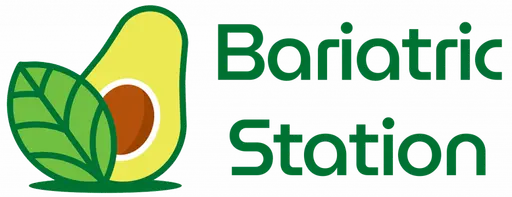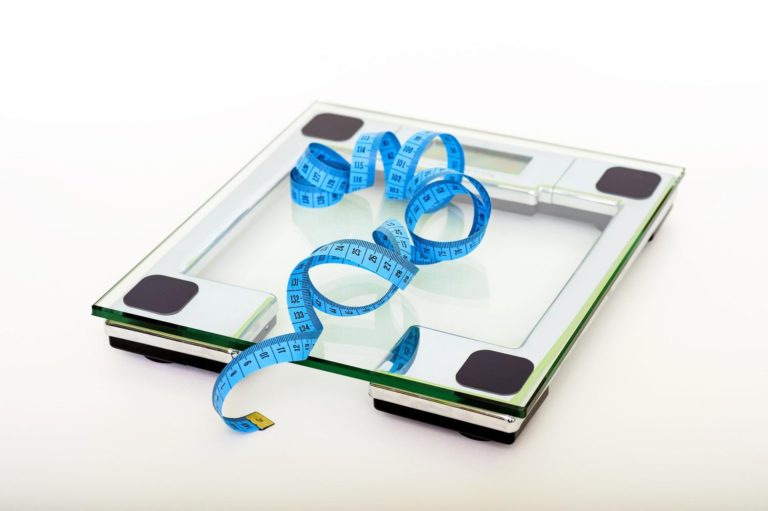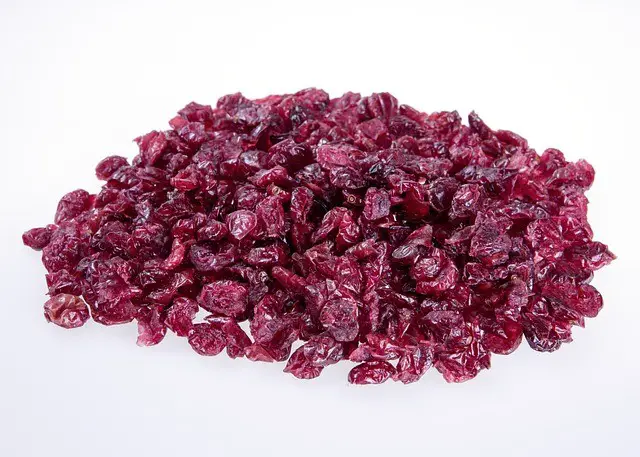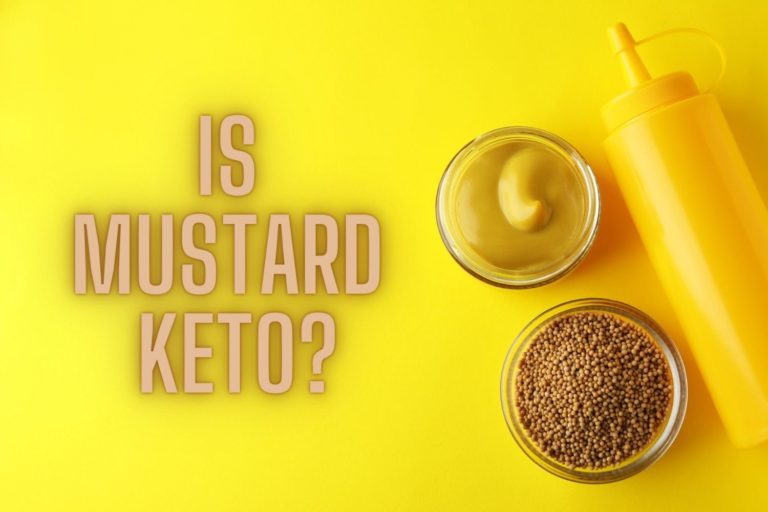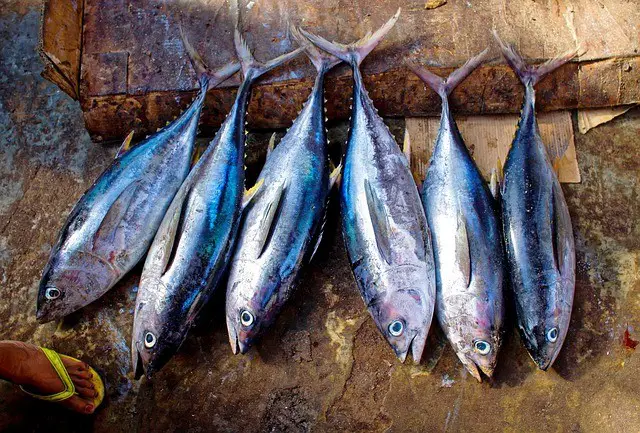No matter what diet you adopt, everyone understands the importance of keeping hydrated. However, water consumption is more critical than ever during your low-carb journey. We’ll go over the value of sufficient water consumption on Keto and why you need more water on a low-carb diet in Keto. More importantly, does drinking water reduce ketones? Let’s find out.
Importance of Water in Keto Diet
Hydration is and will always be necessary, regardless of the diet you adopt. As the ketogenic diet becomes more common, it’s normal to wonder how hydration will affect it. We’ll talk about the value of water as you begin your low-carb journey to a healthier self in this post. When you’re on a low-carb diet, you need to drink plenty of water. Dehydration is common among keto followers because the diet is based on a high fat, low carbohydrate diet. [1, 2]
Despite this, it’s easy to underestimate how much water your body requires. Restricting carbohydrates can be difficult for those who want to remain hydrated because carbohydrates hold water and sodium for the body. Restricting carbs allows the body to excrete them, resulting in less water retention. As a result, it should come as no surprise that if you’re cutting carbs, you’ll need to drink more water (water). If you’re on the ketogenic diet, you can drink more water, whether you’re holding a jug or stopping often to refill a smaller sports bottle.
Understanding Water Weight Fluctuations Caused by Keto-Adaption
If you’re new to keto, you might note a noticeable reduction in water weight. [3] Although this is perfectly natural, you can increase your water intake to compensate for the shift in your body. Since your body uses carbohydrates to store water, restricting carbs reduces your water storage ability. Around 2 to 3 grams of water are stored for every gram of carbohydrate stored.
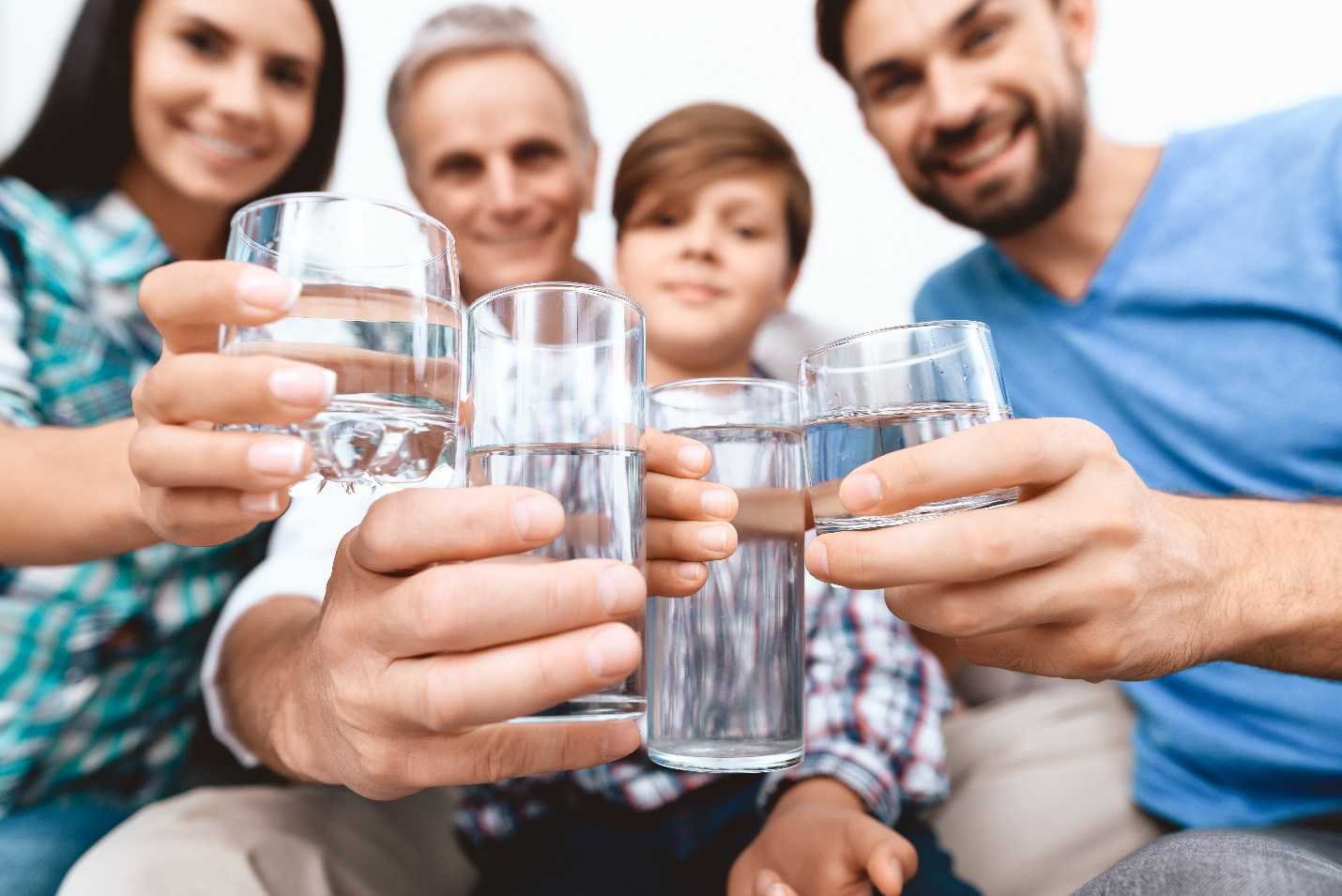
As a result, if you intend to remove carbs from your diet, you’ll also be removing a major source of hydration. Maintaining sufficient fluid levels is particularly crucial during the early stages of ketosis, because of this. With Ease, Increase Your Water Consumption Drinking more water can be difficult for some people. Fortunately, with these pointers, you’ll be able to drink more water without feeling overwhelmed. Follow these recommendations to get more hydration without contributing to the stress level: As soon as you wake up, drink some water.
Your body is dehydrated after a restful night’s sleep. Make your water more interesting by adding some flavor but make sure the flavors do not contain any carbs. The blandness of water can be monotonous and dull for some people. Instead of sugary beverages, consider adding some zero-calorie flavoring to your water. Keep a supply of water with you at all times. When water is readily available, it is simple to consume large amounts of it. You’ll still have water within reach and ready to hydrate your body if you have it on hand.
Why You Should Drink More Water on a Ketogenic Diet?
When your body transforms into a fat-burning oven, your metabolism changes as well. Here are some of the reasons why water is as important for your body as you continue on your ketogenic journey: The water you lose during ketosis is replaced by drinking water. As we have previously said, the low carb diet causes the body to lose a significant amount of water storage. When you get rid of carbohydrates from your body, you also get rid of water, and you need to replace the water to remain safe.
Water will assist you in controlling your appetite and eliminating cravings. [4] Dehydration is to blame for a lot of the hunger you’ll experience while on keto. Rather than reaching for more food or sugary snacks, satisfy your hunger with a convenient glass of water. The tension on your kidneys is relieved by drinking water.
Since ketones are acidic and can be flushed out rather than used as fuel, drinking water can help your kidneys work properly.
Rather than making your kidneys work harder, you’re assisting them in their function of filtering any remaining toxins.
The fat metabolism is improved by drinking water. The process of beta-oxidation, or the breakdown of fats, improves as you drink more water. [5] This is due to the fact that this method necessitates the existence of water molecules. You need water to burn fat, and without carbohydrates, you’ll need to drink more water to help your body break down those fats effectively. Drinking water is important for good health, regardless of your diet.
As a result, drinking as much water as possible will benefit your daily health and overall well-being. When your body is in ketosis, drink more water to reap a slew of health benefits, including but not limited to hydration.
Side Effects of Dehydration
One of the most common side effects of the Ketogenic diet is dehydration. When you’re on a low carb diet, many people forget how much more water you should be consuming.
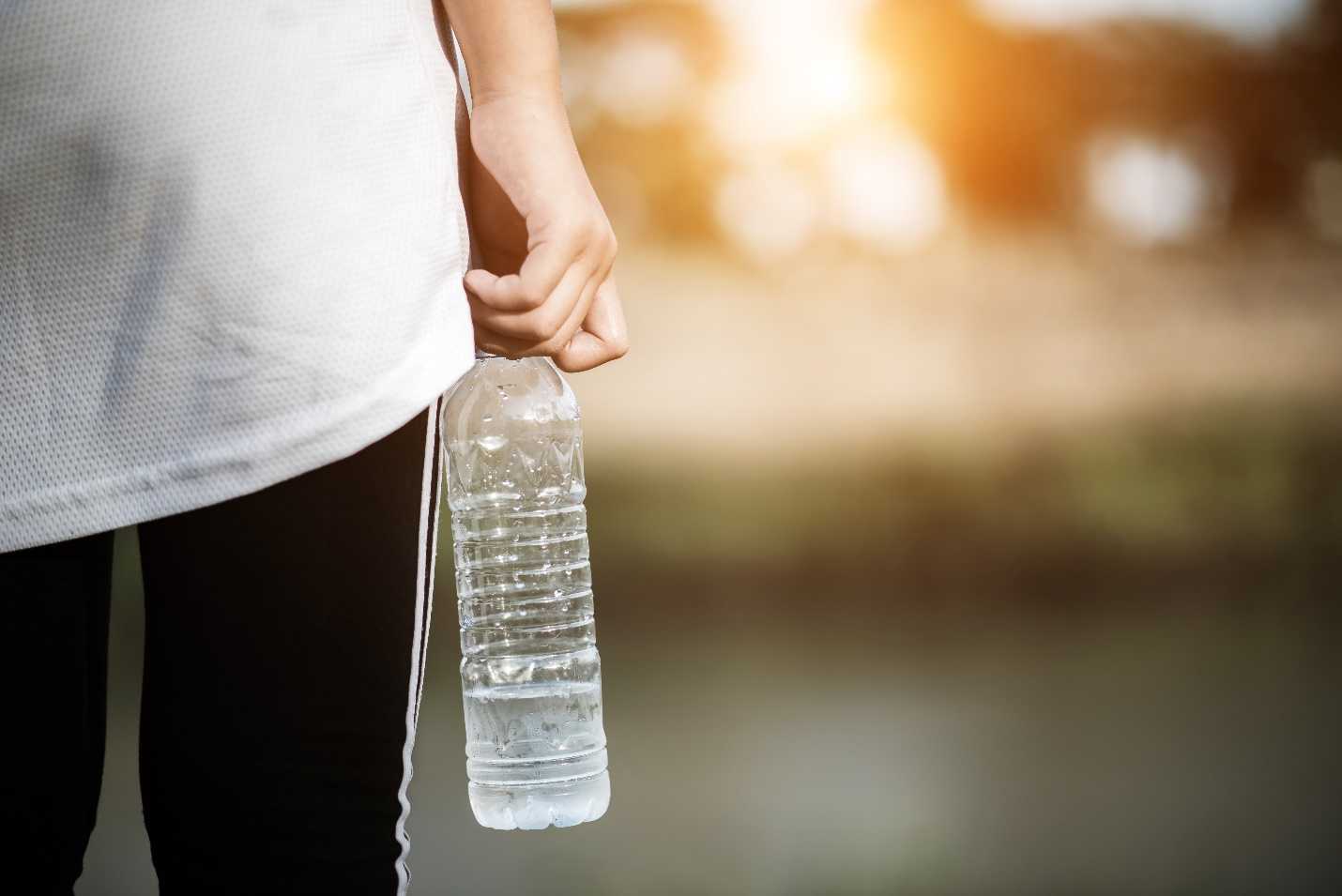
Glycogen [6] is formed when glucose from carbohydrates is processed in the liver and muscle cells. Glycogen is made up of glucose molecules that have been smashed together with water. In fact, for every gram of glucose stored in glycogen, there are approximately 3 grams of water! As a consequence, glucose is required for the body’s water storage.
Consumption of carbohydrates also stimulates insulin secretion. Insulin instructs the kidneys to store sodium rather than excreting it by urine. If you consume a low-carbohydrate diet, your kidneys can excrete more sodium than normal because you are not causing much insulin release. [6]
Water excretion increases as sodium excretion increases. As a result, while on the Keto diet, you should drink more water and season your meals with salt to compensate for this impact.
The bottom line is that carbohydrates play an important role in your body’s ability to maintain water and sodium. When you limit your carb intake, you hold less water and must increase your intake. This ensures that Keto dieters must drink more water and consume more salt than those on other diets.
Dehydration’s Implications
Mild dehydration may trigger headaches, nausea, dry mouth, and flu-like symptoms if your water intake isn’t carefully monitored. [7] Chronic dehydration will keep you from achieving your Ketogenic diet goals and lead to long-term health issues.
Electrolytes Are Just as Critical as Water When It Comes to Hydration.
Electrolytes (sodium, potassium, and magnesium, for example) are important for proper hydration since they keep fluid equilibrium. One of the key reasons for the presence of “too much water” is that it can dilute the electrolytes in your body; many sports drinks contain electrolytes to prevent this problem.
Most people don’t mind consuming more magnesium and potassium, but it’s equally important to let go of the notion that sodium/salt is evil. If the entire diet consists of one hyper-salted packaged meal after another, being terrified of salt or wanting to reduce it makes sense. Humans need salt to survive, and a lack of sodium may cause a variety of symptoms ranging from unpleasant to severe – consider a weakness, muscle cramping, and a general feeling of exhaustion and malaise.
On the ketogenic diet, you eliminate much of the ultra-salty refined foods that bring too much sodium to the average American diet. Since a ketogenic diet is described as one that retains low levels of the hormone insulin, keto dieters excrete more salt than most people. Your body flushes out more salt when your insulin levels are down.
Is There Any Way to Calculate the Exact Amount of Water to Be Consumed?
With dietary changes like the low-carb, high-fat ketogenic diet, you may need to drink even more water. [8] When you eat few carbohydrates, your liver releases glycogen, a storage source of glucose (sugar), and two grams of water are released and excreted in the urine for every gram of glycogen released. To compensate the amount lost in the urine, you can drink at least 2.5 liters of water or fluid a day during this period.
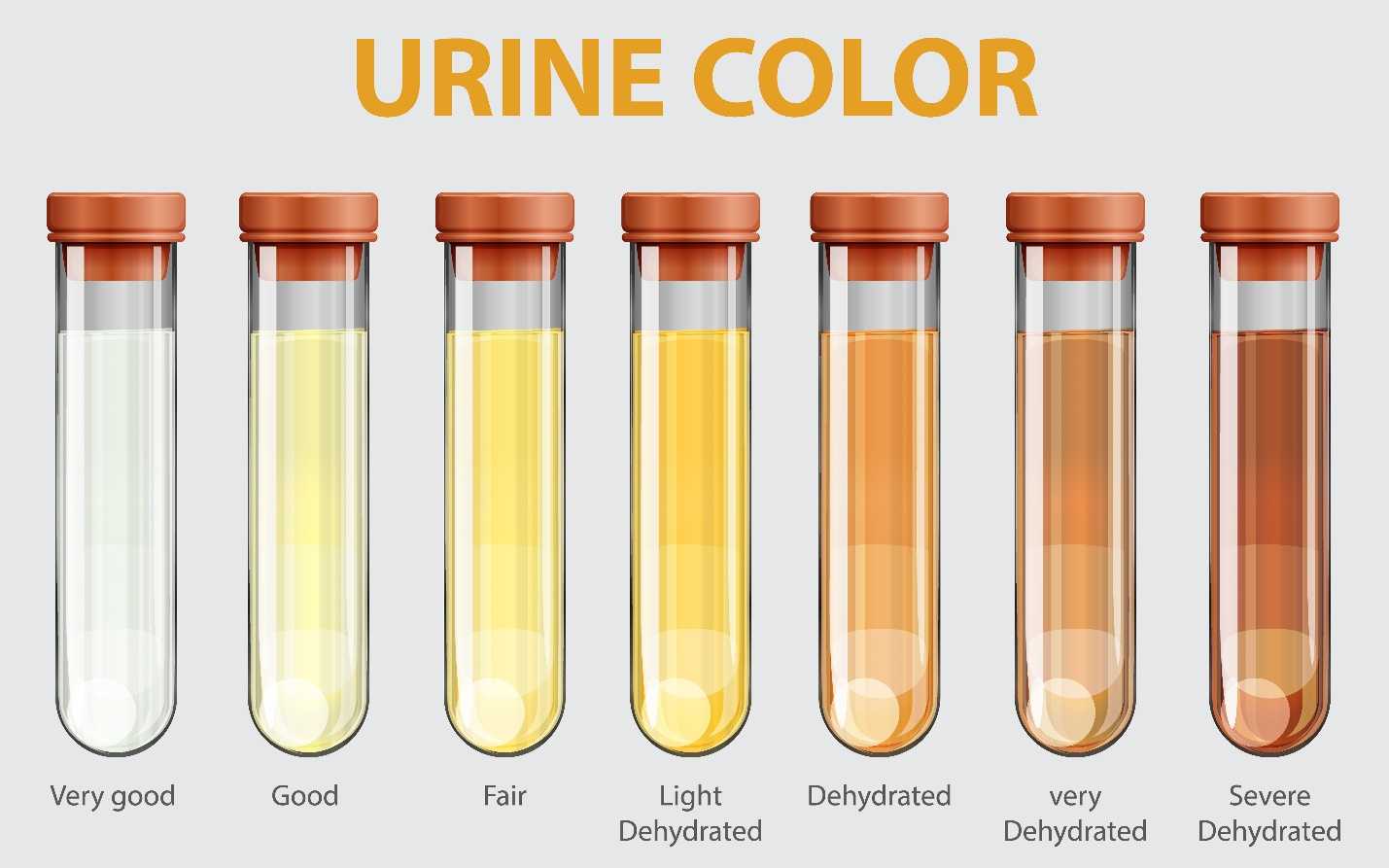
Drinking until the urine is light yellow is a good rule (although you must remember that if you take supplements with vitamins B or multivitamins B it does not have a good guideline since high-dose B vitamins convert much of the urine into bright yellow without regard to hydration).
